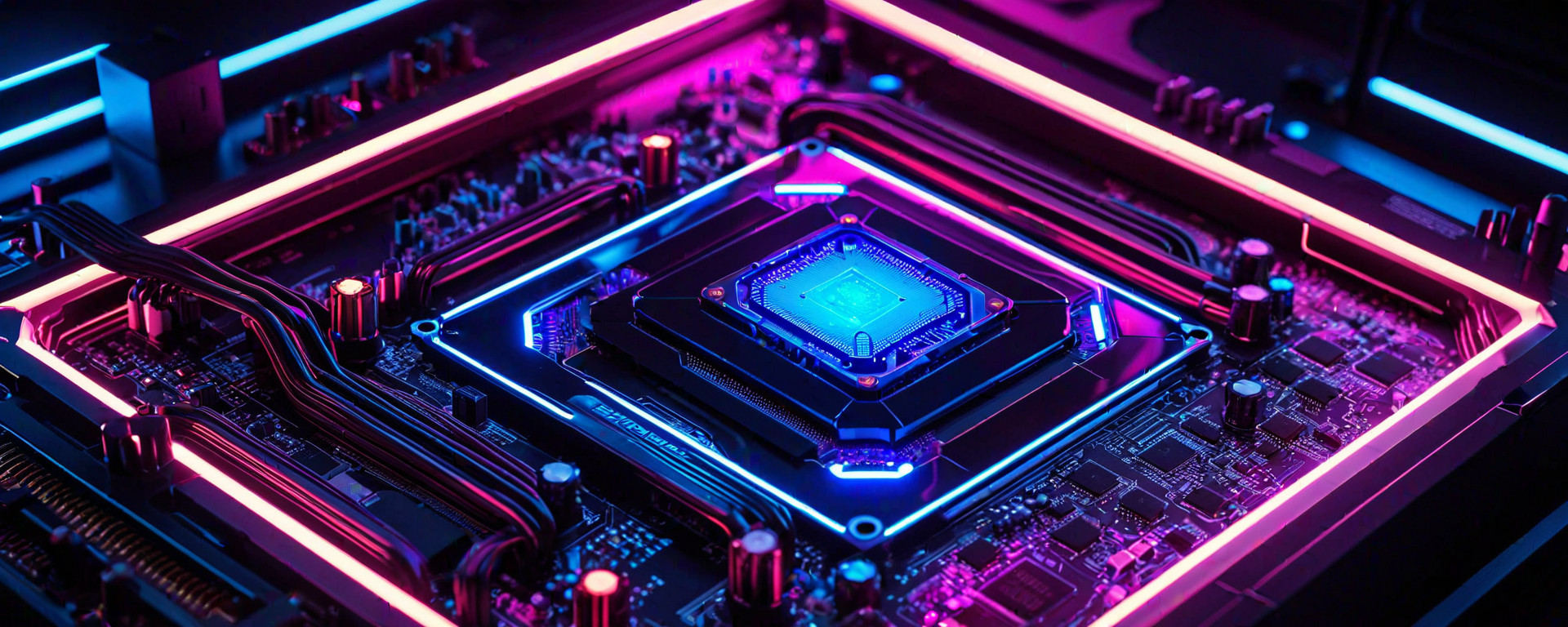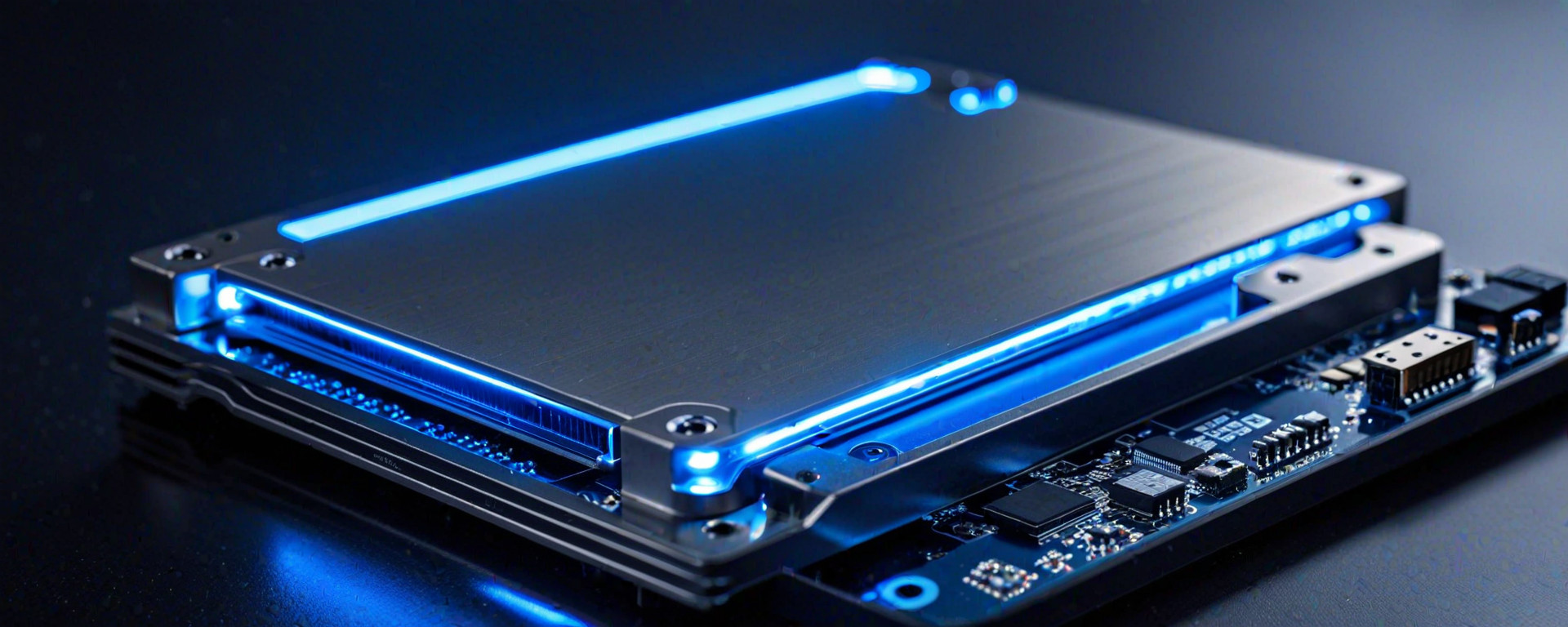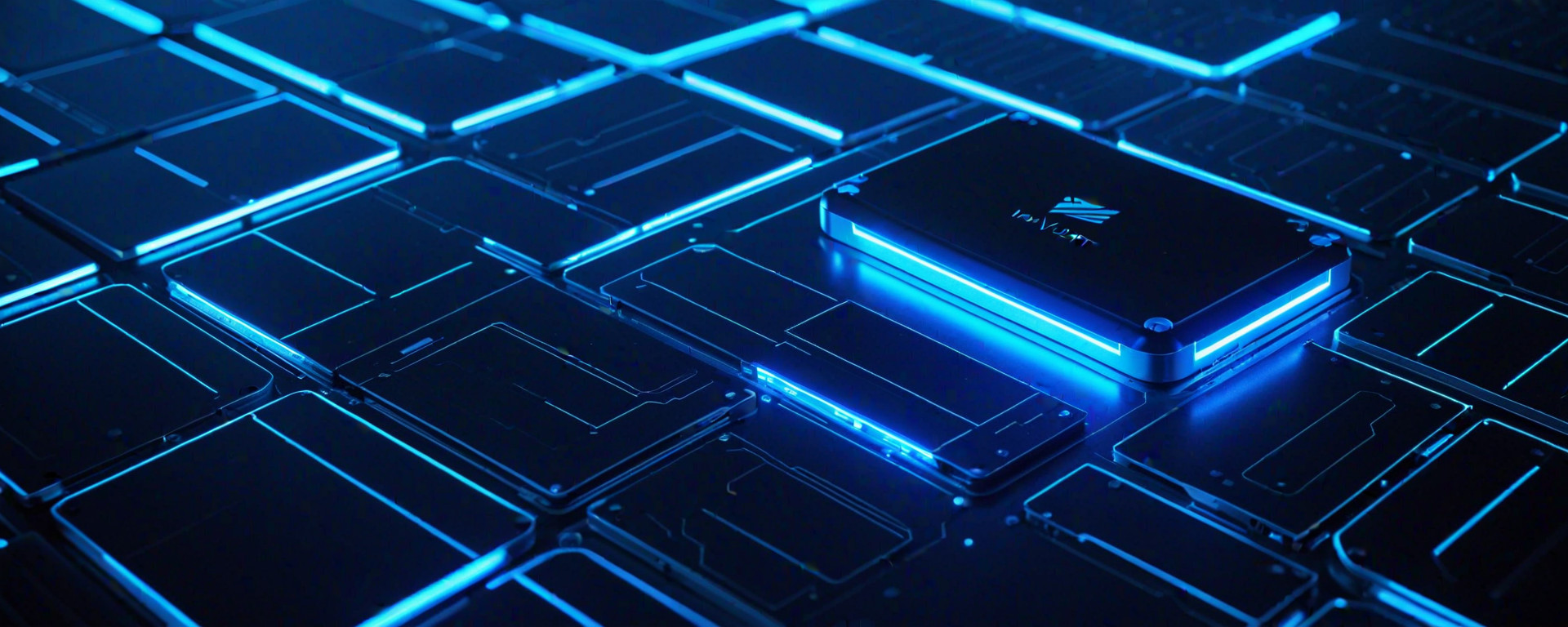Introduction to Computer Processors
A processor, also known as a CPU (Central Processing Unit), is the brain of any computing device. It executes instructions from software programs and manages the flow of data within the computer system. Understanding processors is crucial in today’s technology landscape because they influence performance, energy efficiency, and cost.
Why Processors Matter
The choice of processor can significantly impact how well your computer performs tasks such as gaming, video editing, or running complex software applications. High-performance CPUs are essential for professionals who rely on their computers to process large datasets or render high-resolution graphics.
Types of Processors
There are several types of processors available in the market today:
Intel and AMD
Two major manufacturers dominate the CPU market: Intel and AMD. Intel is known for its powerful desktop CPUs, such as the Core i9 series, while AMD offers competitive alternatives like Ryzen 7 and 9.
ARM Processors
ARM processors are commonly used in mobile devices due to their energy efficiency. They are ideal for smartphones, tablets, and other portable computing devices where battery life is crucial.
Key Specifications and Metrics
Evaluating a processor involves looking at several key specifications:
Core Count and Clock Speed
The number of cores in a CPU determines how many tasks it can handle simultaneously. Clock speed, measured in GHz (Gigahertz), indicates the speed at which instructions are executed.
Cache Size and Memory Bandwidth
Cache size refers to the amount of high-speed memory available for temporary storage of frequently accessed data. Larger cache sizes generally lead to faster performance. Memory bandwidth measures how quickly data can be transferred between the CPU and RAM.
Instruction sets define the basic operations that a processor can perform. The most common instruction sets are x86-64 for Intel and AMD CPUs, and ARM for mobile devices.
Performance Benchmarks and Real-World Scenarios
To compare different processors, benchmarks provide a standardized way to measure performance:
Benchmark Comparison Tables
| Processor Model | Cores/Threads | Clock Speed (GHz) | L2 Cache Size (MB) | SPECint Rate Base 2006 Score |
|---|---|---|---|---|
| Intel Core i9-12900K | 16/24 | 3.2 - 5.0 | 20 | 78 |
| AMD Ryzen 9 5900X | 12/24 | 3.7 - 4.8 | 64 | 70 |
| Intel Core i9-9980XE | 18/36 | 2.0 - 4.5 | 33.75 | 59 |
Real-World Applications
In practical applications, high-performance CPUs excel in tasks such as:
- Gaming: High frame rates and smooth performance.
- Video Editing: Quick rendering of large video files.
- Data Science: Fast processing of complex datasets.
Technical Specifications
The technical specifications of a processor provide detailed information about its capabilities:
CPU Architecture
This refers to the design and layout of the CPU's components. Common architectures include Skylake, Zen 2, and Haswell.
Thermal Design Power (TDP)
TDP measures the amount of heat generated by a processor under typical operating conditions, which helps in selecting appropriate cooling solutions.
Troubleshooting Common Issues
Here are some common issues and their potential fixes:
Lagging Performance
- Solution 1: Upgrade RAM or storage to improve system responsiveness.
- Solution 2: Disable unnecessary background processes or services.
Overheating Problems
- Solution 1: Ensure proper airflow by cleaning dust from fans and heatsinks.
- Solution 2: Replace thermal paste between CPU and cooler for better heat transfer.
Frequently Asked Questions (FAQ)
The following are some commonly asked questions about processors:
What is the difference between Intel and AMD CPUs?
Intel CPUs typically offer higher single-threaded performance, while AMD CPUs provide more cores for better multi-tasking capabilities.
How do I choose the right CPU for my needs?
Select a processor based on your specific requirements such as gaming, video editing, or general productivity. Consider factors like core count, clock speed, cache size, and power consumption.
Conclusion
A thorough understanding of computer processors is essential for anyone looking to build or upgrade their system. By considering key specifications and performance benchmarks, you can make an informed decision that meets your needs and budget.








